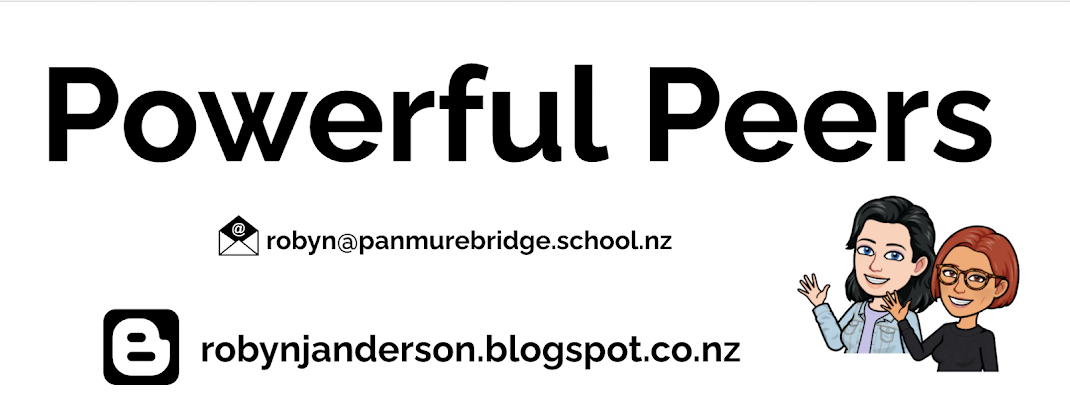Mastery, in the context of professional development, goes beyond simply acquiring new skills or knowledge. It's about achieving a deep understanding and proficiency in a specific area of your field. It's a continuous journey of improvement, fuelled by a desire to be able to use the new learning effectively.
If I think about myself in this situation. When I am introduced new strategy or concept in maths I usually switch off or shut down because I don't immediately understand what it is that I am being asked to do. Falling back on what I know and understand feels like a much safer option than been seen to 'fail'. It's not because I don't want to jump on the learning train, it's more that where maths is concerned, it takes time for me to process, understand and internalise the new learning. This differs greatly from my teaching buddy who has the ability to simply look at the new maths learning and somehow has the knowledge of how to use it and impart it with confidence. In maths she is a quick adapter and luckily for me is always happy to walk me through the new learning at a pace that works for me. As I said earlier it's not that I don't want to embrace the new maths learning, I simply just need more support to be able to make the shift in mindset and in practise.
To guide my direction and help me narrow my focus I asked my team:
- What ideas from recent literacy PLD are you currently using?
- How has this strengthened your program?
- What encouraged you to make these changes?
- How does the PLD help shift student achievement?
- What stops you implementing new PLD?
From their responses I have compiled a list of hunches as to the possible reasons why teachers why choose to embrace or not embrace PLD. Although in the infographic below these are numbered, they are not listed in order of importance.


No comments:
Post a Comment